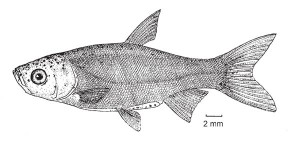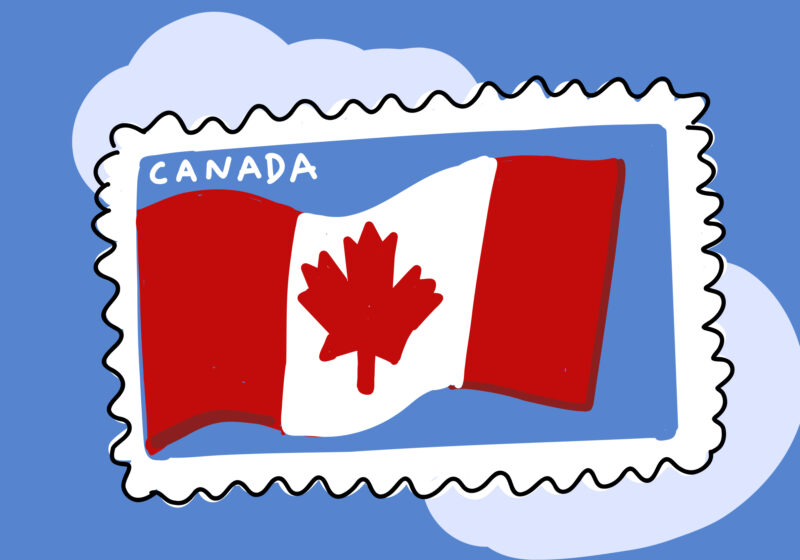Asian carp have invaded America’s rivers and are making their way to the Great Lakes. These invaders can have an orange, yellow, brown or silver hue. If spotted, these creatures should be speared or angled immediately.
“Due to their large size and rapid rate of reproduction, these fish could pose a significant risk to the Great Lakes ecosystem,” the EPA’s website reads. These fish, which feed on plankton and mussels, are an invasive species with no natural predators. This, coupled with their ravenous appetites, is allowing them to wreak havoc in the Mississippi River, where many of them live. However, they have also been found in the Illinois River, which empties into Lake Michigan. The fish can use the Chicago Sanitary and Ship Canal to gain access to the Great Lakes, which would be detrimental to the ecosystem.
In response to this threat, Michigan petitioned the Supreme Court to hear its plea for an injunction that would close the canal in 2009. Illinois responded by claiming that shutting down the canal would cost the state billions of dollars and thousands of jobs. On the other hand, Illinois could become responsible for one of the worst natural disasters in Great Lakes history. The fish could devastate the wildlife population by eating all of the food, costing other states billions of dollars. The government of Ontario has also asked Illinois to help prevent the carp from reaching the Great Lakes, which would harm Canada’s economy as well, but the Supreme Court refused to hear the case.
Turning a blind eye to the problem will not make it go away. More states, and possibly organizations, need to file lawsuits. Creating new rules and informing the public is also important. The Illinois Department of Natural Resources has already made anglers aware of the threat, and Illinois should not be held solely responsible for this problem.
Another initiative is also underway to solve the problem that the Great Lakes states and Canada face. The basic idea is that every household does its share in killing the carp — by eating them. Though it may be difficult to convince consumers, this new branch of the fishing industry could grow very quickly, causing the fish to be angled to extinction if enough people bought the canned carp. Causing a species to go extinct is not usually good, but in this case it is the only real option.
In an attempt to convince people to eat carp, companies have begun calling it Kentucky tuna and silverfin. Though misleading, this merely combats misguided prejudices. One scientist said Asian carp taste “like a cross between scallops and crabmeat.” For seafood lovers, carp would appear to be a cheap alternative to these types of seafood.
In order to prevent the closing of the Chicago Canal or an Asian carp invasion of the Great Lakes, the government and the people both need to do their part. New environmental policies to stave off the voracious creatures will probably not eliminate the threat entirely, so it is up to us to eat our fair share of the problem.




